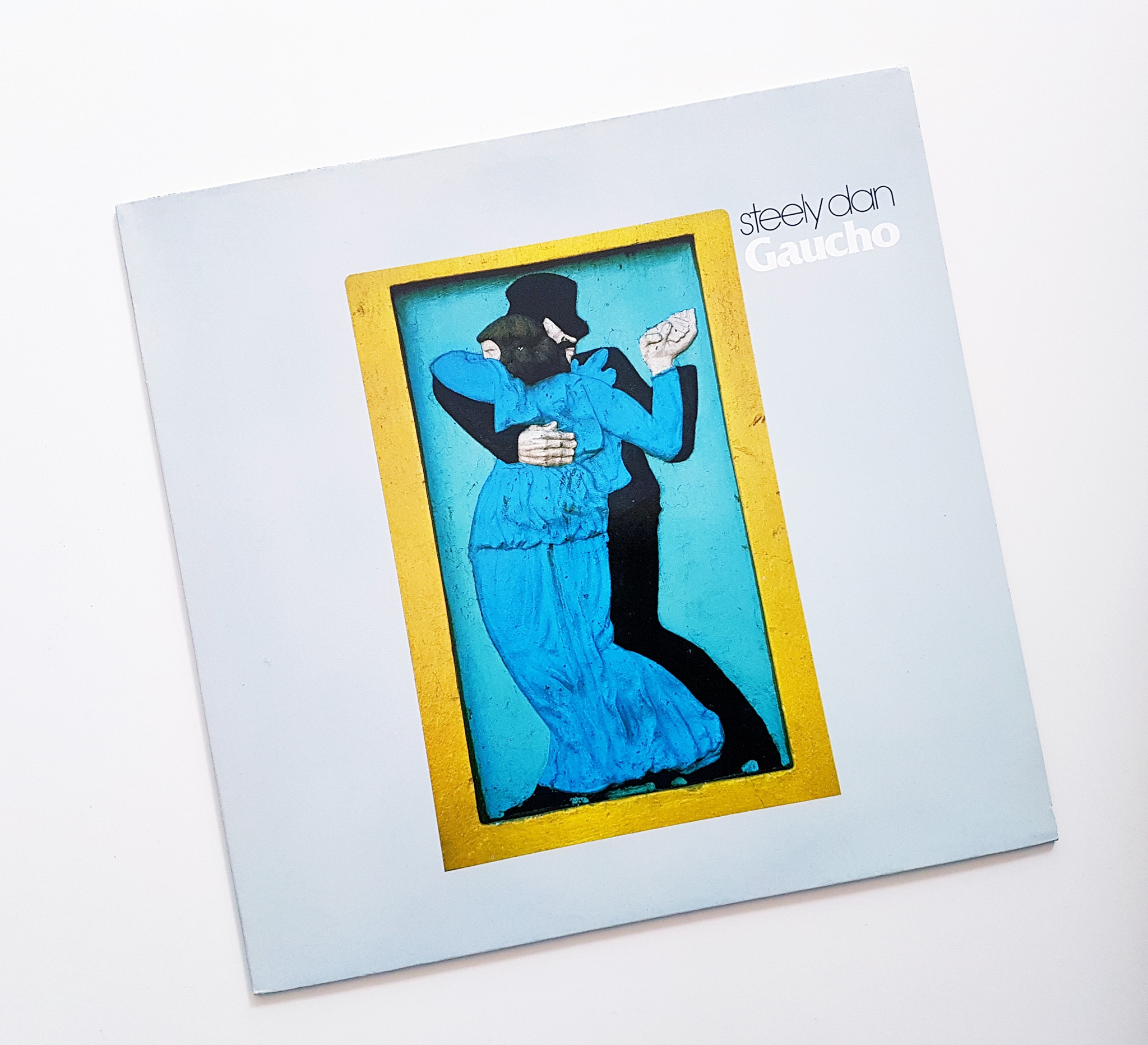“Gaucho” is often criticized for his soulless coolness, his almost mechanical perfection, if not even for sound fetishism – but that’s wrong. Becker and Fagen rather reflected their own rock star existence, the luxurious life, the drug-induced “Take It easy”-attitude of the 70s in sound and lyrics – and at the same time they expose the loneliness and sadness behind the glamorous facades.
A good example is “Hey Nineteen”, which is often reviled as a slippery old man fantasy, although Fagen was in his early 30s when he recorded this last major Steely Dan hit. But despite all the show-offs presented, the lack of real closeness and communication due to the irreconcilability of the different age-related living worlds of both protagonists are the nucleus of this song. Only drugs temporarily helps to create some intimacy (“The Cuervo Gold/ The fine Colombian/ Make tonight a wonderful thing.”), always knowing that it is only about the moment.
Thus, Steely Dan in their world-weariness are often closer to artists like Hank Williams (“No matter how I struggle and strive, I’ll never get out of this world alive”) than to their 70s rock colleagues.
With “Gaucho” Becker and Fagen completed a development that Brian Wilson had already initiated 14 years earlier with “Pet Sounds”, namely to use the studio as an instrument. Wilson lost himself searching for (studio)sound perfection. Becker and Fagen did the only right thing, they split up. “Gaucho” is ultimately a conclusion of the 1970s and with all its sound perfection and loneliness a timeless masterpiece.

